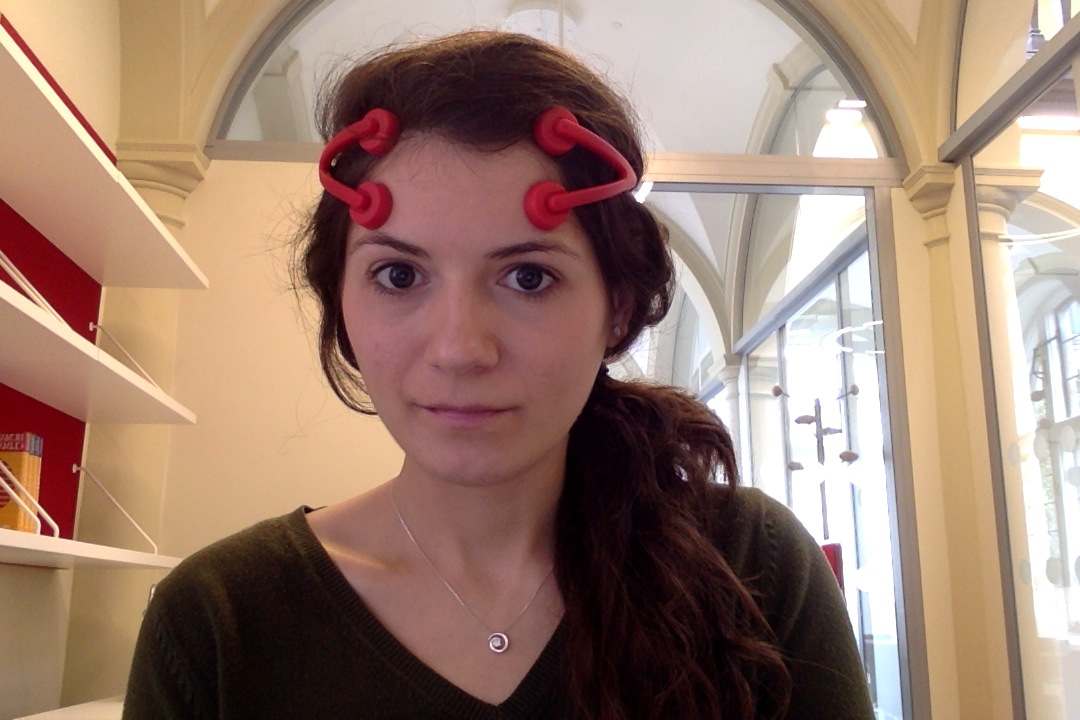The pill to banish painful memories—forget it!
It is a curious feature of the late 20th and early 21st centuries that the media regales readers and viewers almost daily with exciting details of breakthroughs in medical science: new cures, reversals of previous certainties about old remedies (and then, often enough, later reversals of the reversals), astonishing information about our brains and numerous other organs, apparently dramatic discoveries about free will and ethical thinking. Much of this is indeed attributable to the rapid rate of the expansion of contemporary scientific understanding which we should not want to underestimate, but it is also sometimes the result of the media’s excitability and search for sensation, combined with the impressive self-promotional skills of practitioners of the medical sciences. This latter factor means that reported “breakthroughs” are often no more than confident early steps on a promising but uncertain path, and when they lead nowhere this sad news tends not to see the light of day. And then there are the cases of outright fraud or incompetence, such as the South Korean scientist Hwang Woo-suk’s initially much-proclaimed breakthroughs in the early 2000s in stem cell research that were shown to be faked.
So a certain reserve about reported breakthroughs is in order, but a recent case is worth philosophical scrutiny even if its claims turn out to be less valid than they seem. This was a report in The Mail Online, Science and Technology section that was headlined “Could Pill wipe out bad memories? Drug used to treat multiple sclerosis found to help us forget experiences that caused us pain.” But it turns out that the drug has only been tested for memory erasure of pain in mice, and then only of a specific type of pain associated with mild electric shock. The Mail article jumps rapidly from this modest beginning to claim that the experiment “offers hope of a drug that could eradicate memories of traumatic events from years ago and help patients overcome phobias, eating disorders and even sexual hang-ups.” For none of this “hope” is there an iota of evidence in the scientific study and one of the scientists involved in the study at the Commonwealth University of Virginia, Dr Sarah Spiegel, showing appropriate modesty, said of the drug concerned: ‘Fingolimod, a Food and Drug Administration approved drug for treatment of multiple sclerosis, has beneficial effects in the central nervous system that are not yet well understood.” More ambitiously she added: “Fingolimod deserves consideration as an adjuvant therapy for post traumatic stress disorder and other anxiety disorders.”



